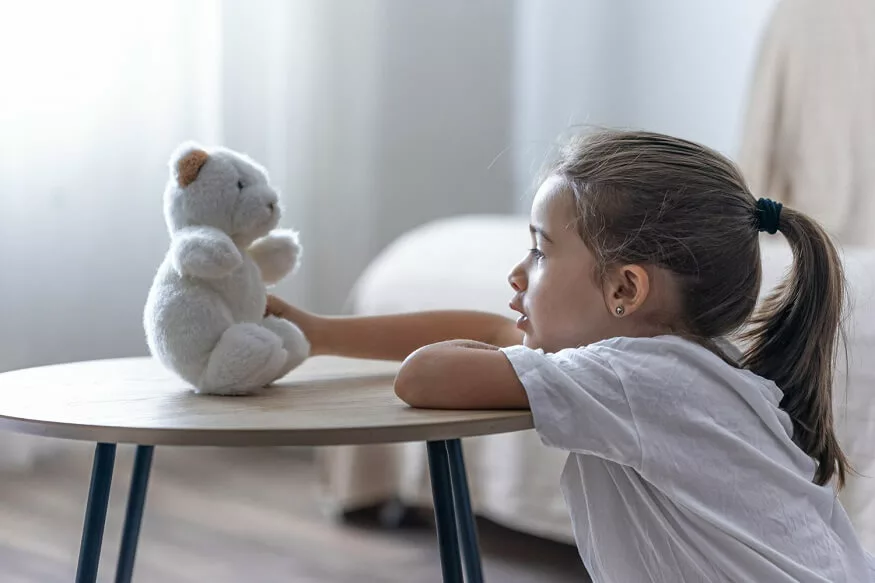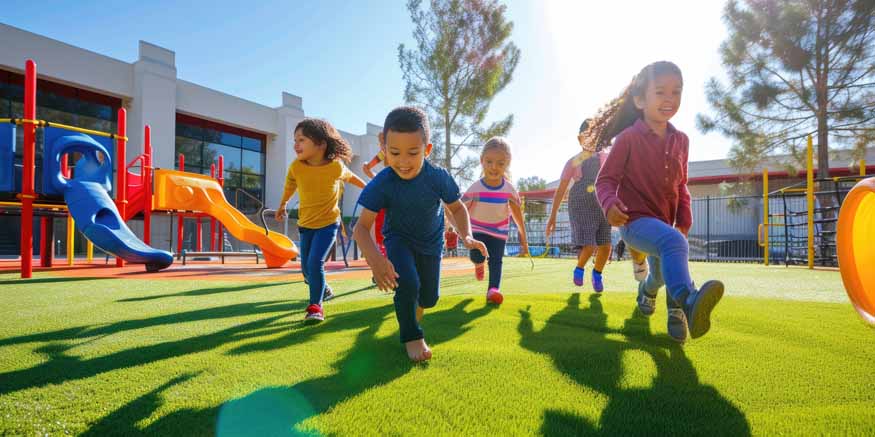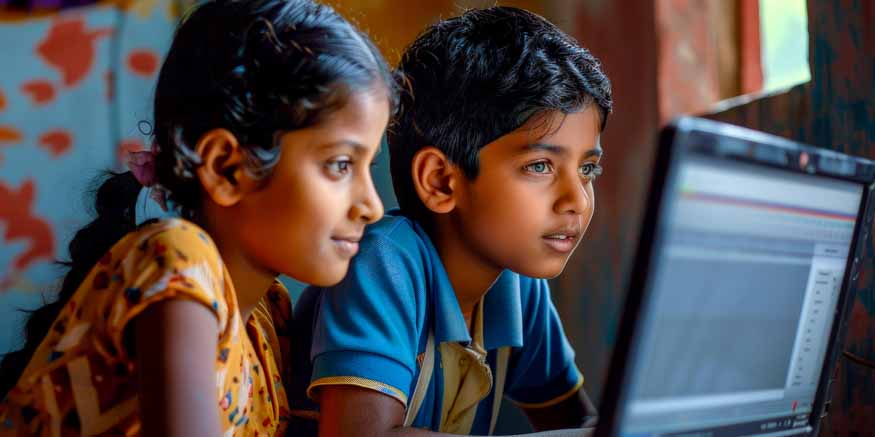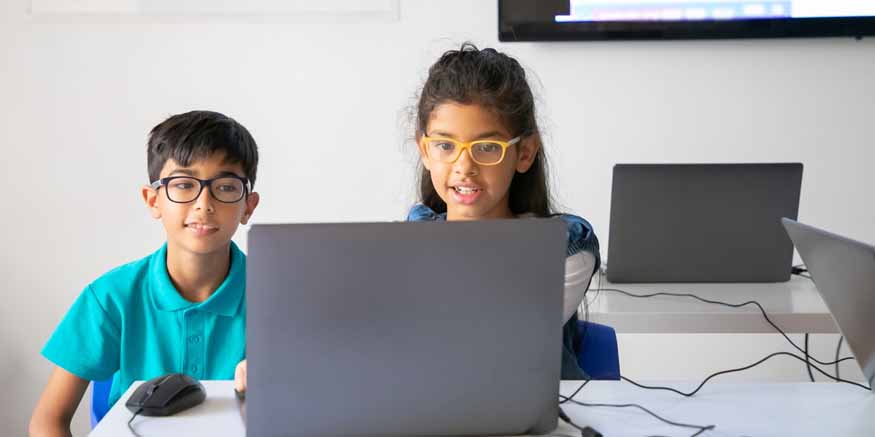Introversion is a personality trait that influences how individuals engage with the world. It’s worth acknowledging that being introverted is not a deficiency or an issue; instead, it’s a natural diversity in personality. Children who are introverted exhibit specific qualities that set them apart from their extroverted peers. It is essential for parents, educators, and caregivers to grasp these characteristics in order to offer suitable assistance and foster the distinctive attributes of introverted children.
What Is An Introverted Personality?
An introverted personality is commonly associated with a preference for solitude and a tendency to focus inwardly. Introverts often recharge by spending time alone and may find social situations draining. It’s essential to note that introversion is not synonymous with shyness or social anxiety. Introverted individuals can enjoy social interactions, but they may require more time alone to recharge their mental and emotional energy.
Reserved Personality
One of the key characteristics of introverted children is their reserved nature. These children may not be as outwardly expressive as their extroverted counterparts. While extroverted children might readily share their thoughts and feelings, introverted children may prefer to keep their emotions and ideas to themselves. This reserved nature doesn’t indicate a lack of engagement or understanding; rather, it reflects a different approach to processing and expressing thoughts and emotions.
Also Read: Stage Fright in Kids: Symptoms, Causes & Ways to Overcome
Characteristics of Introvert Children
Here are some characteristics of an introvert children
- Thoughtful and Reflective: Introverted children often exhibit a thoughtful and reflective approach to life. They may spend more time contemplating their experiences and internalising information before expressing themselves.
- Prefer One-on-One Interactions: While extroverted children thrive in group settings, introverted children often prefer one-on-one interactions. They may feel more comfortable and engaged in deeper conversations when not surrounded by a large group of people.
- Independent Play: Introverted children tend to enjoy independent play. They may have a rich inner world and find solace in activities that allow them to explore their interests without the need for constant social interaction.
- Selective Socialisation: Unlike extroverted children who may befriend everyone they meet, introverted children are often more selective in choosing their friends. They may prefer a few close and meaningful relationships rather than a large social circle.
- Sensitive to Stimuli: Introverted children may be more sensitive to external stimuli, such as loud noises or bright lights. They may become overwhelmed in overly stimulating environments and may need time alone to recover.
- Expressive in Writing: Introverted children may find it easier to express themselves in writing rather than verbally. Keeping a journal or engaging in creative writing activities can be therapeutic for them.
Signs of Introverted Children
Recognising the signs of introversion in children is crucial for understanding and supporting their unique needs. Here are some common signs:
- Quiet Play: Introverted children may engage in quiet and focused play, showing a preference for activities that don’t require constant social interaction.
- Observational Skills: Introverted children often possess strong observational skills. They may prefer to observe a situation before actively participating, leading to a keen awareness of their surroundings.
- Preference for Small Groups: Introverted children may feel more comfortable in small, intimate settings rather than large groups. They may enjoy activities that allow for deeper connections with a few individuals.
- Limited Small Talk: Introverted children may find small talk less appealing and may struggle with initiating casual conversations. They may excel in more meaningful and in-depth discussions.
- Independent Decision-Making: These children may display a strong sense of independence in decision-making, preferring to think through choices on their own before seeking input from others.
- Retreat to Recharge: Introverted children may need to retreat to a quiet space to recharge after social interactions. This doesn’t mean they didn’t enjoy the interaction, but rather that they need time alone to restore their energy.
Also Read: Tips for how to encourage shy kids to participate in extracurricular activities
Nurturing Introverted Children
Understanding and appreciating introverted traits is crucial for creating an environment that supports the healthy development of introverted children. Here are some strategies for nurturing introverted qualities:
- Respect their Need for Solitude: Provide opportunities for introverted children to have quiet time alone. This could be in the form of a designated reading nook, a calming corner, or simply a quiet space where they can decompress.
- Encourage Meaningful Interactions: Foster one-on-one interactions that allow introverted children to develop deeper connections. Quality over quantity is key when it comes to their social interactions.
- Support Individual Hobbies: Recognise and support their individual interests and hobbies. Introverted children often thrive when they can engage in activities that align with their passions, whether it’s reading, drawing, or playing a musical instrument.
- Provide Advance Notice for Changes: Introverted children may find sudden changes or surprises challenging. Whenever possible, provide advance notice about schedule changes or upcoming events to help them mentally prepare.
- Celebrate Their Strengths: Acknowledge and celebrate the strengths of introverted children, such as their creativity, thoughtfulness, and ability to focus deeply on tasks. This positive reinforcement boosts their confidence and self-esteem.
- Create a Quiet Learning Environment: In educational settings, consider providing quiet spaces for introverted children to work independently. This allows them to concentrate without the distractions of a bustling classroom.
- Teach Social Skills Gradually: While introverted children may not be as naturally inclined towards social interaction, it’s essential to teach them social skills gradually. Encourage them to share their thoughts and feelings at their own pace, emphasising the value of effective communication.
Also Read: Parenting Tips to Encourage Your Introverted Child to Open Up
Understanding and embracing the characteristics of introverted children is essential for creating a supportive environment. By recognising their unique traits, respecting their need for solitude, and celebrating their strengths, we pave the way for these children to thrive. It is not about changing introverted tendencies but rather about providing the right conditions for their growth. In doing so, we contribute to a society that values diversity in personality, ensuring that introverted children can navigate the world with confidence, authenticity, and a deep sense of self-worth.
EuroSchool moulds children by fostering holistic development, promoting critical thinking, nurturing creativity, and instilling values for lifelong learning and success.









